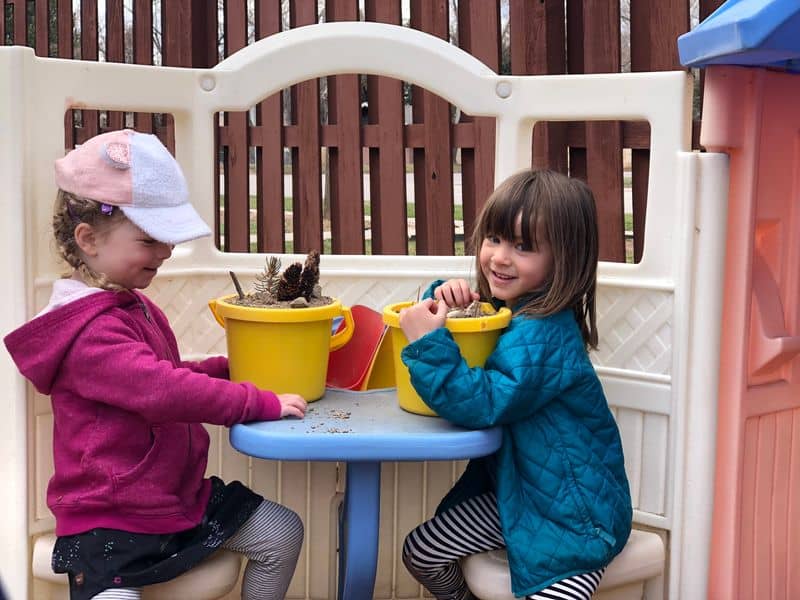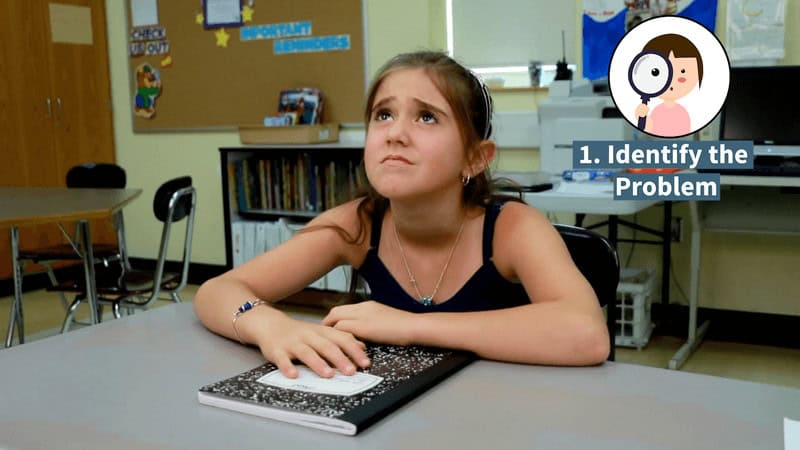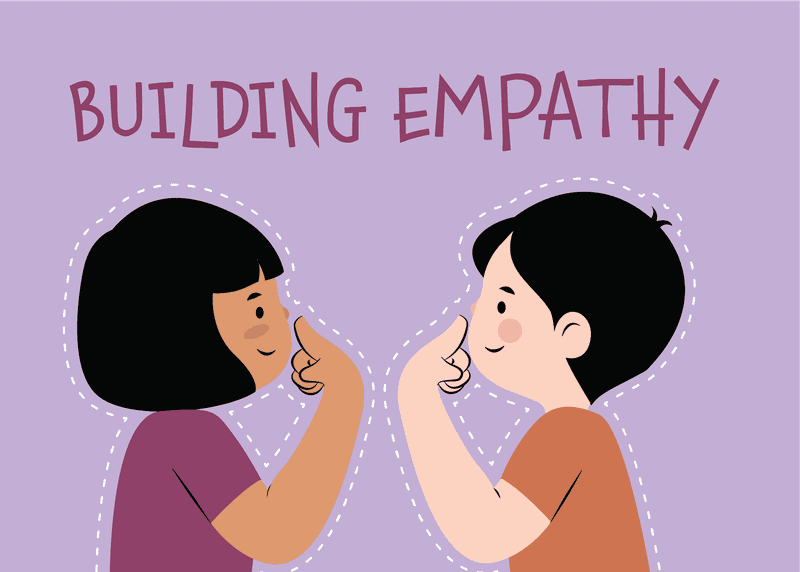Parenting is often viewed as a journey of striving for perfection, but embracing your flaws can significantly benefit your children. By acknowledging and accepting your imperfections, you model authenticity, resilience, and self-acceptance for your kids. This approach helps them understand that it’s okay to make mistakes and encourages them to learn and grow from these experiences.
Additionally, when parents are open about their weaknesses, it fosters a nurturing environment where children feel safe to express their own vulnerabilities. This openness strengthens family bonds and promotes emotional intelligence. Embracing your flaws not only relieves the pressure of perfection but also creates a more joyful and supportive home atmosphere, where everyone can thrive.
1. Modeling Authenticity

As a parent, showing your true self, flaws and all, teaches your child the value of authenticity. This openness encourages them to embrace their individuality and be honest about their feelings and challenges. By sharing your own experiences of imperfection, you help them understand that everyone has strengths and weaknesses. This acceptance fosters a strong sense of self and builds trust within the family. Moreover, it enables children to communicate openly, knowing they won’t be judged for their own imperfections. Over time, this cultivates a supportive and understanding relationship, where honesty and authenticity are valued.
2. Promoting Resilience

When parents openly cope with their flaws, they demonstrate resilience to their children. This resilience shows kids how to handle setbacks and difficulties constructively, turning challenges into opportunities for growth. Through witnessing your perseverance, children learn that failure is a part of life and not something to fear. Encouraging them to persist despite imperfections instills a growth mindset. This mindset encourages them to see effort as the path to mastery. Ultimately, this teaches resilience, helping them face future obstacles with courage and determination, knowing that perseverance pays off.
3. Encouraging Self-Acceptance

Being open about your imperfections allows your child to see the importance of self-acceptance. By accepting yourself as you are, you show them that they, too, can accept who they are without shame. This self-acceptance reduces self-criticism and promotes mental well-being. When children see their parents appreciating their own strengths and acknowledging weaknesses, they learn to do the same. This healthy self-view nurtures their confidence and teaches them to focus on personal growth rather than comparison. The result is a more positive self-image and a more confident, happy child.
4. Creating a Safe Environment

Embracing your flaws creates a safe environment for your children to express themselves. When kids know their parents are imperfect, they feel more comfortable sharing their own fears and mistakes. This openness breaks down barriers, leading to honest communication and stronger relationships. In such an environment, children are more likely to express their emotions and seek support when needed. They understand that they are loved and accepted despite their imperfections. This acceptance encourages them to take risks, explore new ideas, and build confidence, knowing they have a supportive family to fall back on.
5. Teaching Problem-Solving Skills

When you acknowledge your flaws, you teach problem-solving skills by example. Your child learns how to approach obstacles with a solution-oriented mindset. By discussing your own challenges and how you overcome them, you equip your child with tools to tackle their own issues. This collaborative approach makes problem-solving a shared experience, fostering teamwork and creativity. Children see that it’s okay to face difficulties and that working through them leads to growth. This empowers them to handle future challenges independently, with resourcefulness and confidence, ensuring they develop strong problem-solving abilities.
6. Reducing Stress and Pressure

Acknowledging your flaws helps reduce the stress and pressure of being a ‘perfect’ parent. Children notice this and feel less pressure to be perfect themselves. This relaxed attitude encourages a more balanced lifestyle, where mistakes are viewed as learning opportunities. It also allows for more quality time together, free from the demands of perfection. Children learn to appreciate the journey rather than just the outcome. This mindset helps them enjoy life’s moments, fostering a sense of gratitude and contentment. Ultimately, it creates a more relaxed and joyful family atmosphere.
7. Building Empathy

By embracing your flaws, you model empathy for your children. They learn to understand and accept others’ imperfections, fostering compassion. When children see their parents empathize with themselves and others, they develop a deeper appreciation for diverse perspectives. This understanding strengthens their social connections, as they learn to support and uplift their peers. Empathy becomes a core value, encouraging them to act kindly and with consideration. This compassion enhances their relationships, building a community of support and understanding, both within the family and beyond.
8. Fostering Creativity

Accepting your flaws fosters a creative environment where children feel free to express themselves. When perfection is not the goal, kids explore new ideas and innovate without fear. They learn that mistakes are part of the creative process, leading to unique solutions and artistic expression. This freedom to create encourages them to think outside the box and approach problems with originality. Parents who embrace their own imperfections model openness to creativity, inspiring their children to explore their potential. This nurturing environment supports the development of creative and critical thinking skills.
9. Enhancing Emotional Intelligence

Openly discussing your flaws enhances your child’s emotional intelligence. They learn to identify and express their feelings more effectively. When children see their parents navigate emotions authentically, they feel more comfortable exploring their own emotional landscape. This understanding fosters empathy and better interpersonal relationships. Teaching emotional regulation through personal example shows them how to manage emotions in challenging situations. As they grow, this emotional intelligence supports their social development and mental health. It equips them with skills to understand others and navigate their emotions confidently and compassionately.
10. Nurturing Independence

When you acknowledge your imperfections, you allow your child to develop independence. By not micromanaging, you give them space to make their own decisions and learn from their mistakes. This autonomy builds confidence and self-reliance. Children learn that they have the ability to impact their environment positively. As they grow, this independence becomes crucial in their personal development, allowing them to pursue their interests and goals. Encouraging self-directed learning and exploration, while providing support when needed, helps them become confident and capable individuals, ready to face life’s challenges.
11. Strengthening Family Bonds

Embracing your flaws strengthens family bonds by creating an atmosphere of acceptance and love. When everyone acknowledges their imperfections, it reduces judgment and fosters a sense of belonging. Family members feel more connected and valued for who they are. This unity encourages open dialogue and shared experiences, strengthening relationships. By celebrating each other’s uniqueness, families grow closer and more resilient. These strong bonds provide a support system during difficult times, enhancing family cohesion. This environment nurtures growth, happiness, and a deeper appreciation for each other’s individuality.
12. Instilling Gratitude

Acknowledging your flaws can lead to a greater sense of gratitude. Your child learns to appreciate what they have and the people around them. This appreciation fosters a positive outlook on life, enhancing overall happiness and well-being. When gratitude is a family value, children learn to recognize and cherish the small joys in life. This perspective encourages a more optimistic view of challenges, seeing them as opportunities rather than setbacks. By modeling gratitude, you teach your child to value relationships and experiences, cultivating a fulfilling and contented life.
13. Encouraging Lifelong Learning

By embracing your own imperfections, you show your child that learning is a lifelong journey. This attitude encourages them to be curious and open to new experiences. They understand that growth comes from continuous learning and adapting. Encouraging them to ask questions and seek knowledge fosters a love for learning. This inquisitiveness leads to personal and intellectual development, preparing them for a rapidly changing world. By modeling a passion for learning, you inspire them to embrace education as a lifelong pursuit, leading to a richer and more informed life.

Well, hello there!
My name is Jennifer. Besides being an orthodontist, I am a mother to 3 playful boys. In this motherhood journey, I can say I will never know everything. That’s why I always strive to read a lot, and that’s why I started writing about all the smithereens I came across so that you can have everything in one place! Enjoy and stay positive; you’ve got this!

